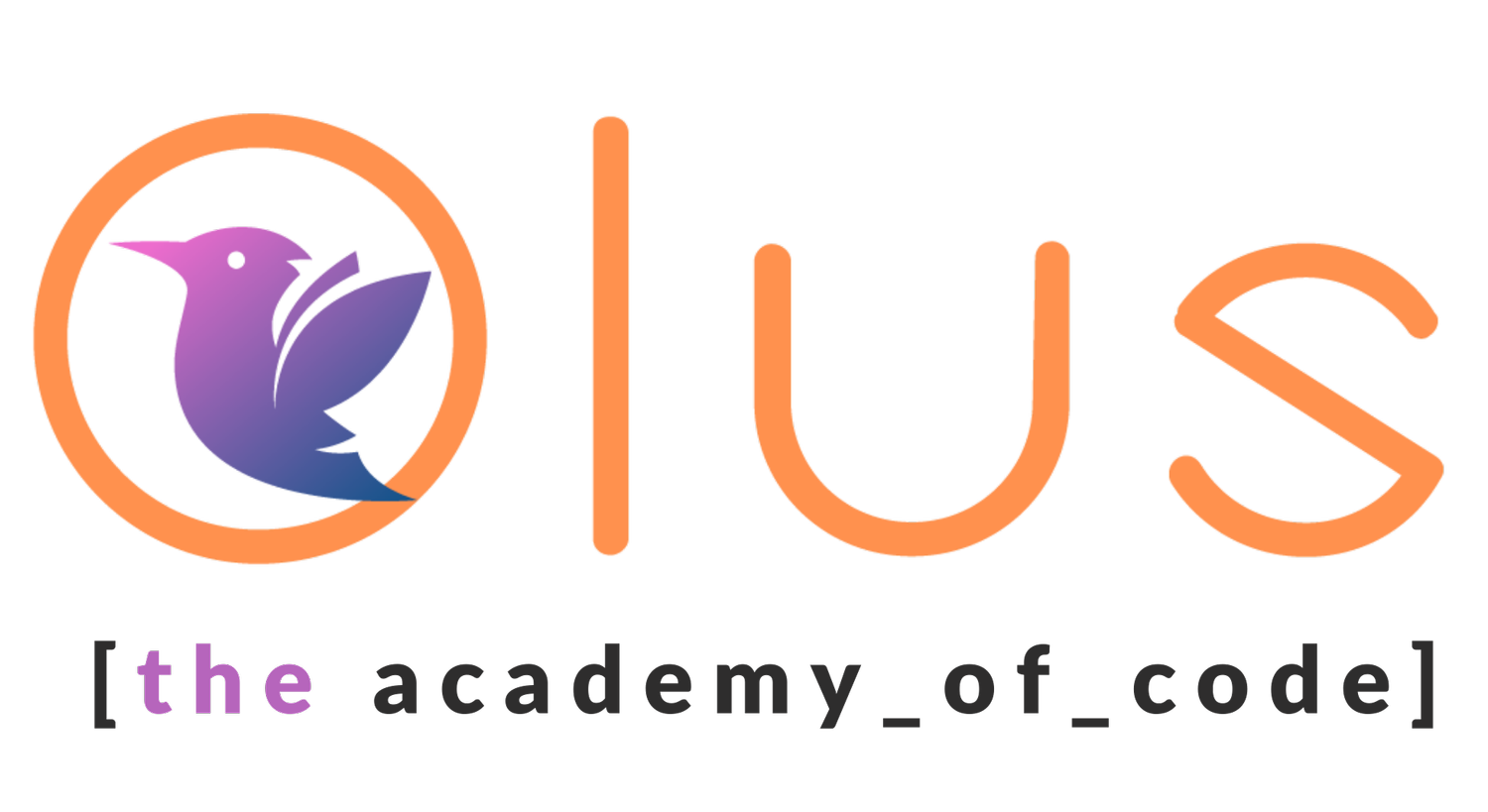We live in an age where linear thinking is encouraged from the moment we learn how to talk. Our education systems teach us to act like sponges, absorbing as much information as possible and regurgitating it when needed. This approach creates a 2-dimensional workforce that can learn and remember countless pieces of information, but not necessarily understand it. Why is this a problem though? It works, no? Well, it works for a society that encourages people to operate on a reactionary basis, essentially stifling the ability to think effectively. A more effective approach will teach people how to think rather than what to think.
Prior to the birth of the Digital Age in the early 1980s, we lived in a society where playing catch-up and reacting to situations was often seen as the optimal solution to a problem rather than identifying the problem’s root cause, understanding its systemic nature and ultimately finding a sustainable solution. For example, if your toaster stops working, what do you do? Do you immediately bring it back to the shop to see what's wrong? Maybe a better solution would involve plugging in a different electrical item to see if the outlet itself is working. If not, then examine the other outlets around the house to see if the same issue applies. The next step may be to check the fuse box to see if anything looks out of place? This logical approach requires systems thinking. Those who have internalised this kind of logic would think it trivial to examine the system as a whole in this example but fundamentally this problem-solving methodology is at the core of more complex transformational issues as organisations seek to develop in a sustainable way.
As the Digital Age gathers pace exponentially, our educational systems, unfortunately, don’t place nearly enough emphasis on systems thinking. Whilst we have seen some piecemeal progress here and there in recent times, systems thinking is still far from its rightful place at the heart of our education and learning systems. Learning to code is a great way to fill this gap.
Coding forces you to engage with structures and concepts to create a system that is many times greater than the individual parts. But the benefit from learning to code isn’t confined to the ability to code itself. The key benefit lies in the systems thinking mentality you gain as a by-product of coding. Coding begins to demystify the digital world by breaking its components down into bite-sized chunks, thereby revealing it as a system that is not impossible to work with. The digital world is structured with different parts and rules that almost anyone can learn to use in their daily lives. Nothing needs to feel hidden from you. Comparing the digital world to a car, you don’t need to be able to build a car from scratch, or even rebuild an engine. However, having a passing familiarity with the elements of a car that gets you from A to B vastly improves the experience you have with your car especially if you encounter a problem. Understanding the concept of engines, how to change a tyre, refuel or check your oil can improve the experience you have with your car. This type of awareness of a system and how it functions gives you the ability to better navigate the system, analysing problems and creatively resolving minor issues or setbacks that may originate structurally from that system.
Systems thinking isn’t limited to personal benefits - a workforce trained in systems thinking benefits employers, the organisation and the economy at large as well. For example, an employee’s deeper understanding of social media will help to increase company engagement with service users. In addition, a deeper appreciation of search engines by employees will improve the organisation’s search engine rankings. Perhaps simply encouraging employees to access, explore and learn new digital skills online at a more rapid pace will improve their creativity, and improve the organisation’s productivity. As Pablo Picasso said, “Everything you can imagine is real”. The list goes on.
If basic systems thinking is allowed to seep into the culture of an organisation it will improve the long-term sustainability of that organisation and improve various aspects of its employee’s lives. The need to create is one of the deepest yearnings of the human soul and people are one of the key ingredients for organisations to begin their process of Digital Transformation into a sustainable future.
Contributions from: Mahmed Ibrahm, Tom Maher, Diarmuid Ó Muirgheasa of The Academy of Code

